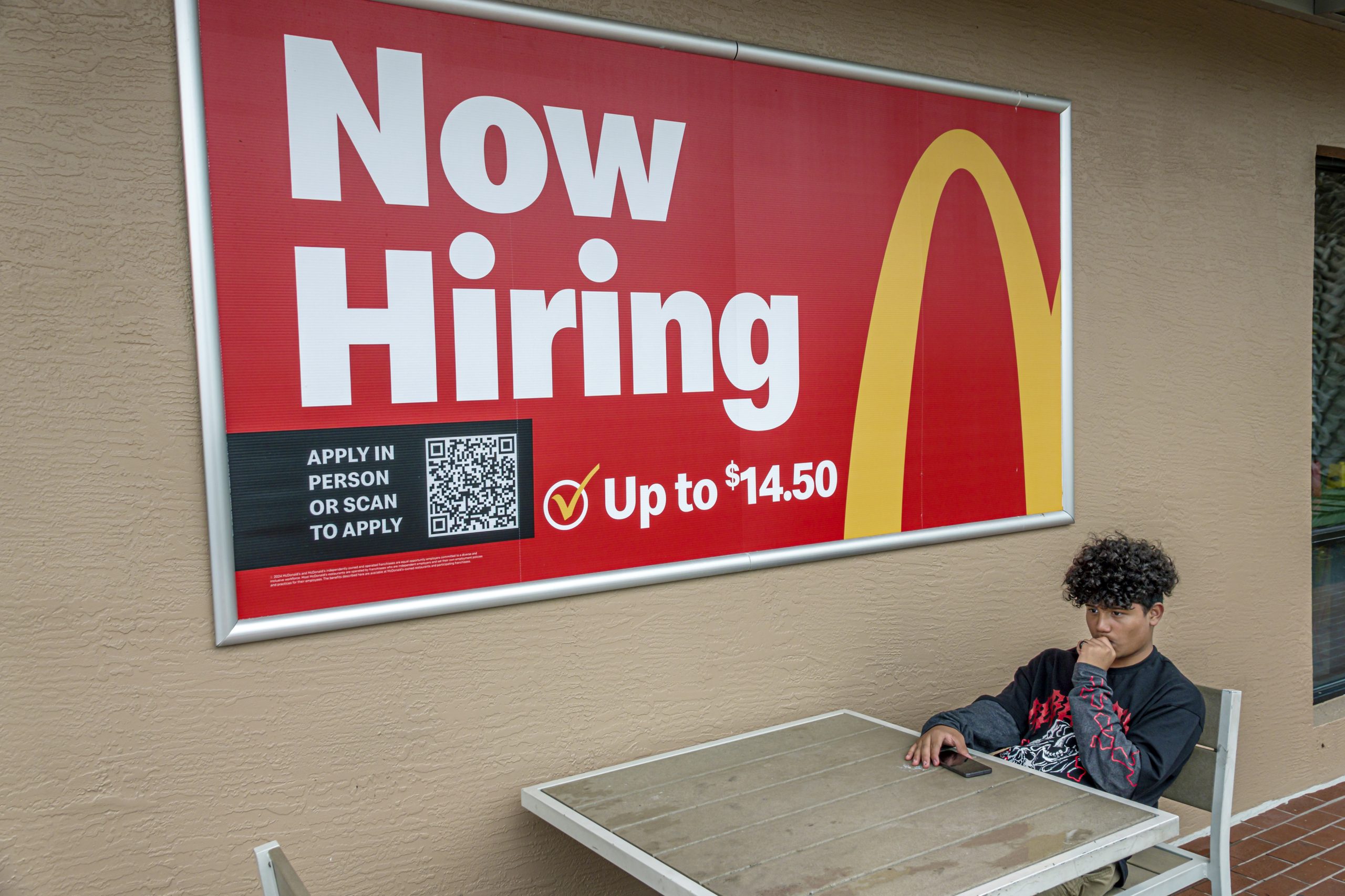The Rise of the Machines and the Anxiety of the Millennials
Colton Masi, a 23-year-old software engineering graduate from Drexel University, embodies a generation grappling with the evolving job market. He meticulously planned his career path, choosing a field – software engineering – long considered a guarantee of stable, high-paying employment. His diligence stemmed from witnessing the struggles of older millennials navigating the post-Great Recession job landscape. Yet, even his strategic approach now faces an unprecedented challenge: the rapid advancement of artificial intelligence. Masi’s story highlights a growing concern – the potential for AI to significantly disrupt traditional career trajectories, particularly for those entering the workforce.
AI’s Expanding Role in Software Engineering
Masi’s experience isn’t unique. The software engineering sector, once considered a bastion of secure employment, is increasingly incorporating AI-driven automation. Tasks previously requiring human expertise, such as coding, testing, and even parts of software design, are becoming automated. This doesn’t necessarily mean complete job displacement, but it signifies a significant shift in the required skillset. Companies are prioritizing candidates with AI-related skills, creating a competitive advantage for those who can adapt and integrate these technologies into their work. The result is a growing demand for specialists in AI development and implementation, while potentially reducing the need for certain traditional software engineering roles. This creates a bifurcated job market, emphasizing the need for continuous learning and upskilling.
Adapting to the Changing Landscape
The implications extend beyond software engineering. Across various sectors, AI is automating routine tasks, impacting roles ranging from data entry to customer service. This necessitates a proactive approach to workforce development. Educational institutions must adapt curricula to equip students with the skills necessary to navigate an AI-driven economy. This includes focusing on critical thinking, problem-solving, and creativity – skills that are currently less susceptible to automation. Furthermore, continuous professional development and reskilling initiatives are crucial for existing workers to remain competitive. Governments and businesses must collaborate to facilitate these transitions, offering support and training programs to help workers adapt to evolving job demands.
Conclusion: A Future of Collaboration, Not Replacement
While the potential for job displacement due to AI is real, it’s crucial to avoid a purely dystopian view. The future of work is likely to be one of collaboration between humans and AI, rather than outright replacement. AI can handle repetitive tasks, freeing up human workers to focus on more complex, creative, and strategic roles. However, this requires a proactive response from individuals, educational institutions, and governments to ensure a smooth transition and prevent widespread job insecurity. Masi’s story serves as a cautionary tale, but also a call to action – emphasizing the importance of adaptability and lifelong learning in the face of rapid technological advancements. The future of work is being written now, and the choices we make today will determine its trajectory.
SOURCE INFORMATION:
TITLE: How AI is coming for your job
DESCRIPTION: Colton Masi checked off every box in his quest to land a good job in the computer science industry after college. The 23-year-old attended Drexel University, a Philadelphia school distinguished by its focus on real-life job experience. And he majored in software engineering, a discipline he had been hearing his whole life was synonymous with […]
CONTENT: A McDonald’s in West Palm Beach, Florida. | Jeffrey Greenberg/Universal Images Group via Getty Images Colton Masi checked off every box in his quest to land a good job in the computer science industry after college. The 23-year-old attended Drexel University, a Philadelphia school distinguished by its focus on real-life job experience. And he majored in software engineering, a discipline he had been hearing his whole life was synonymous with stable, high-paying work. It was all part of his plan to avoid the fate that befell so many millennials after the Great Recession. “When I was 13, I was online all the time.” Colton told Today, Explained co-host Noel King. “I was on Tumblr, and I was seeing a lot of these currently graduating young adults kind of talk about their struggles with the job market and getting themselves established…I was always like, ‘Oh no, I need to do something that’s going to get me a job.’” So Masi took the advice offered by everyone from Joe
SOURCE: Vox
Based on materials: Vox





